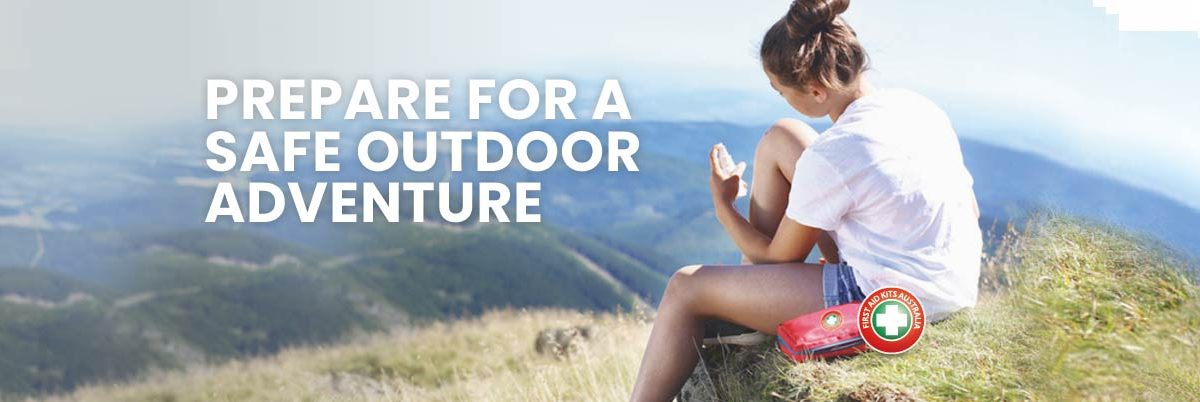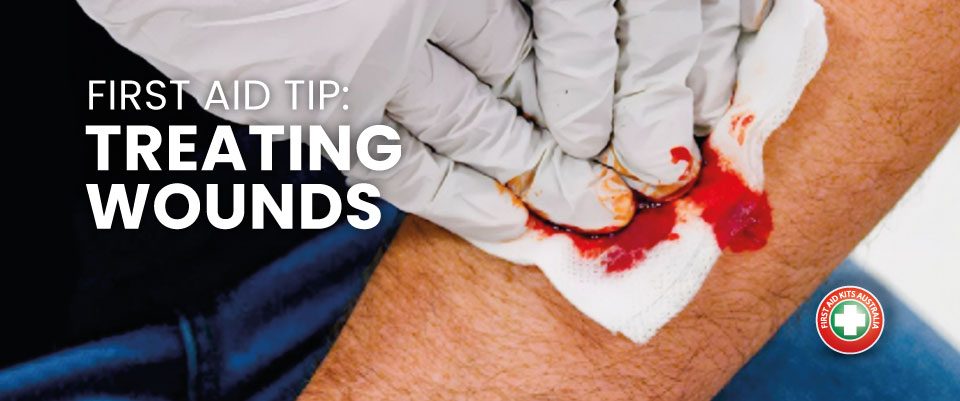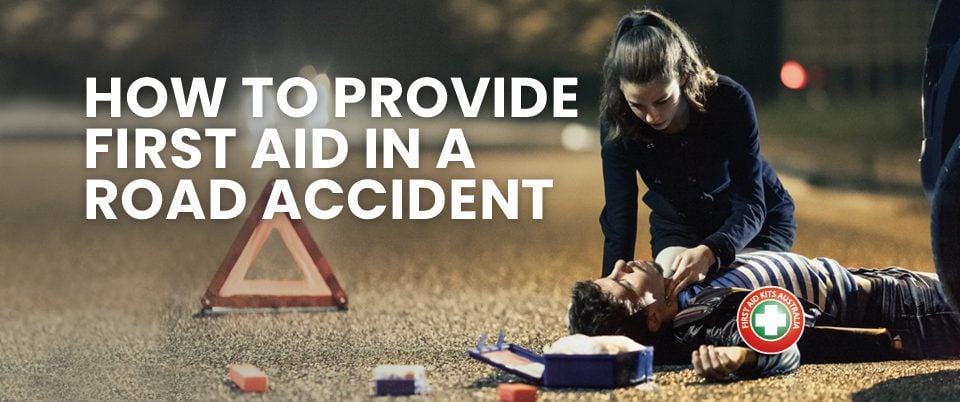
First Aid Tip: How to treat Eye Injuries
4 February 2022
First Aid Tips for the Food & Beverage Industry
23 June 2022With school holidays and Easter break just around the corner, many of us are preparing to enjoy the great outdoor. Bushwalking, camping, snorkeling, and many other outdoor activities are perfect for this time of the year, and a healthy gift for our minds and body.
But risks in nature are real and so it is important to be prepared for an emergency. By considering some worst-case scenarios and preparing proactively for some circumstances you may encounter, you will be better equipped to know what to do while you’re out there.
Here are Nine Essential Safety Tips to keep in mind:
Plan where you are going
Research where you intend to be and when. Identify where you will seek medical help if you need to. Make necessary bookings early and think of contingencies should plans change.
Plan to arrive before dark; particularly if you are camping and need to set up.
Check the weather
Check multiple weather sources before you go on your adventure. Keep in mind that sudden weather changes are likely to occur in areas close to the mountain or at sea. Evaluate specific factors on your destination, like times of tide changes, altitude, sunset, et.
Plan your journey considering the forecast for the area you will be in, so in case of a storm, you can avoid being far from safety. Always prepare for unexpected bad weather!
Inspect your gear
Make sure your essential gear works appropriately and is ready to go. Replace batteries of devices, test your vehicle and instruments.
Also, pack reparation tools for your equipment: duck tape, a multi-purpose tool, like a Swiss Army Knife.
Provisioning
Make sure you have enough provisions for the time you are away and extra should something go wrong. Take non-perishable food in case making a campfire or cooking with gas is not possible.
Dress Smart
Wear appropriate clothes for the weather, conditions, and type of activities you will undertake. Always pack a couple of pieces extra, just to be in the safe. Also, pay attention to the type of footwear you will need
Here in Australia, sun protection is a must, so make sure to pack a hat, sunscreen, and sunnies. And don’t forget about insect repellent!
A warm sleeping bag or bedding is important. Even if the weather forecast is for warm conditions, hypothermia can become a risk in the rain and wind.
Stay hydrated
Dehydration is a major risk when spending a prolonged period of time outdoor. So, make sure to drink plenty of water during the day ( around 2 to 2 1/2 litres per person)
Pack a First Aid Kit
It is an essential item for your outdoor adventure! Make sure it is tailored for your planned activities, for example, if you go hiking, does the kit have a snake bite bandage?
If you have an existing kit, check its components and replace the used or missing ones.
At First Aid Kits Australia we have a wide range of First Aid Kit to cover all types of adventures, so head to our website and find the one that is right for yours: Best First Aid Kits for Outdoor Adventures
Let someone know where are you heading towards
Share your itinerary with someone. Establish times when you will check-in during your adventure so they can follow your trip and, in case of an emergency they can raise the alert if you are not contactable or back at an expected time.
Agree on an emergency plan
Plan what you will do in case of an emergency. Have ready contact numbers you can call and ask for help. Also, do not rely only on one channel of communication. Pack a personal location beacon, radio, and a compass if possible.
Now, go and get ready for your outdoor adventure. And, remember, have fun and enjoy our beautiful country!
You can also watch our Camp Safe video on our YouTube channel – Camp Safe
Save on Australia’s biggest range of First Aid Supplies at First Aid Kits Australia





